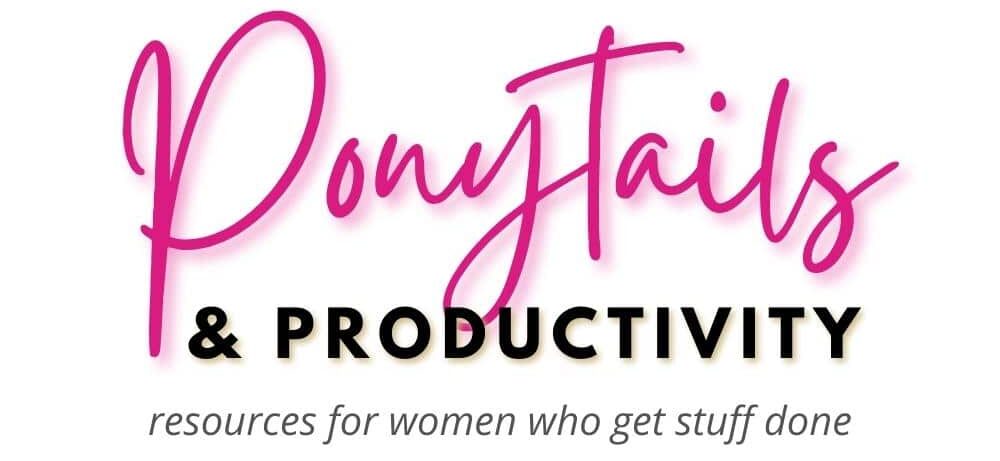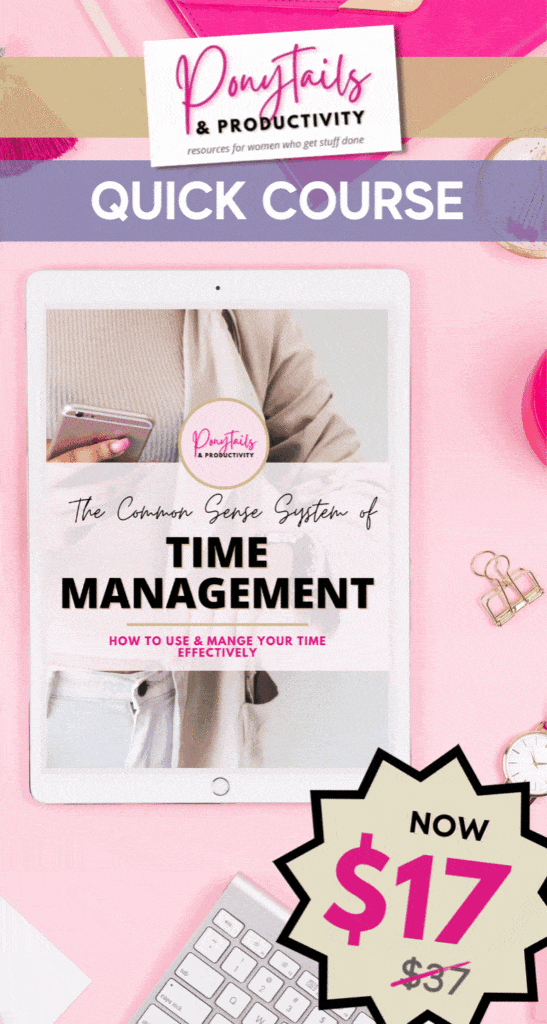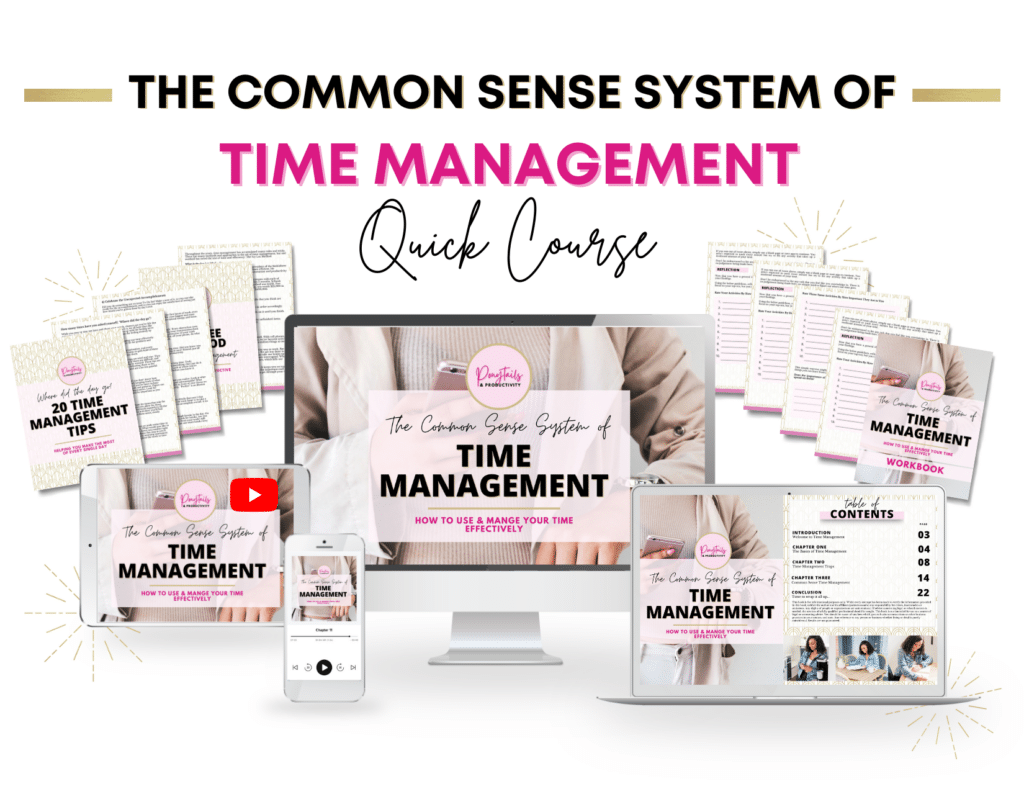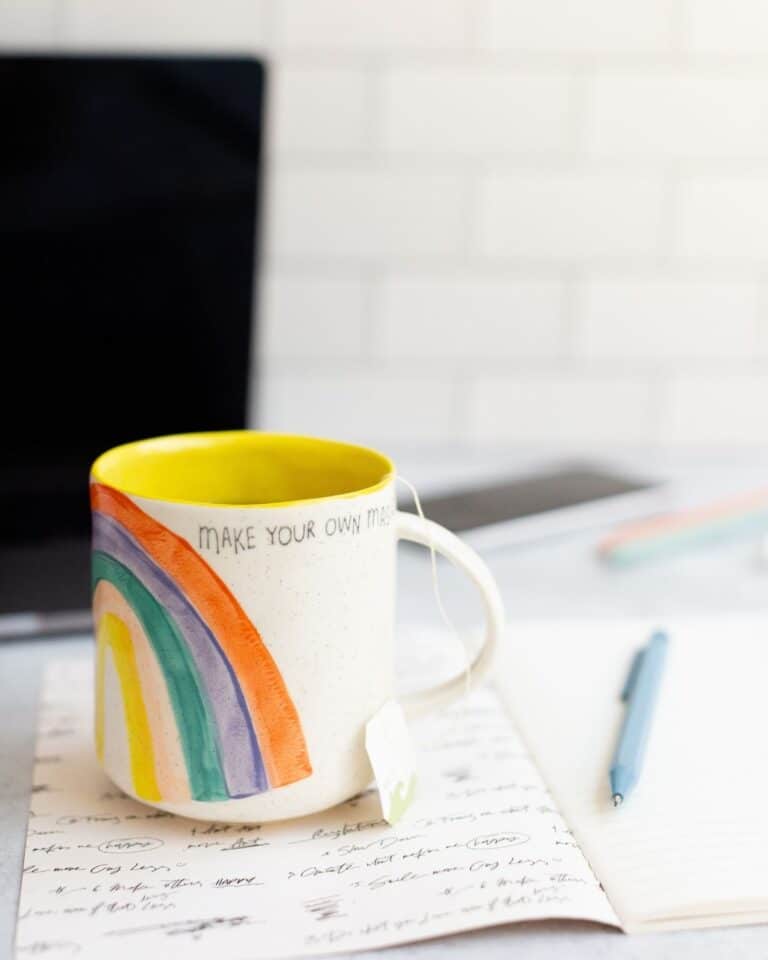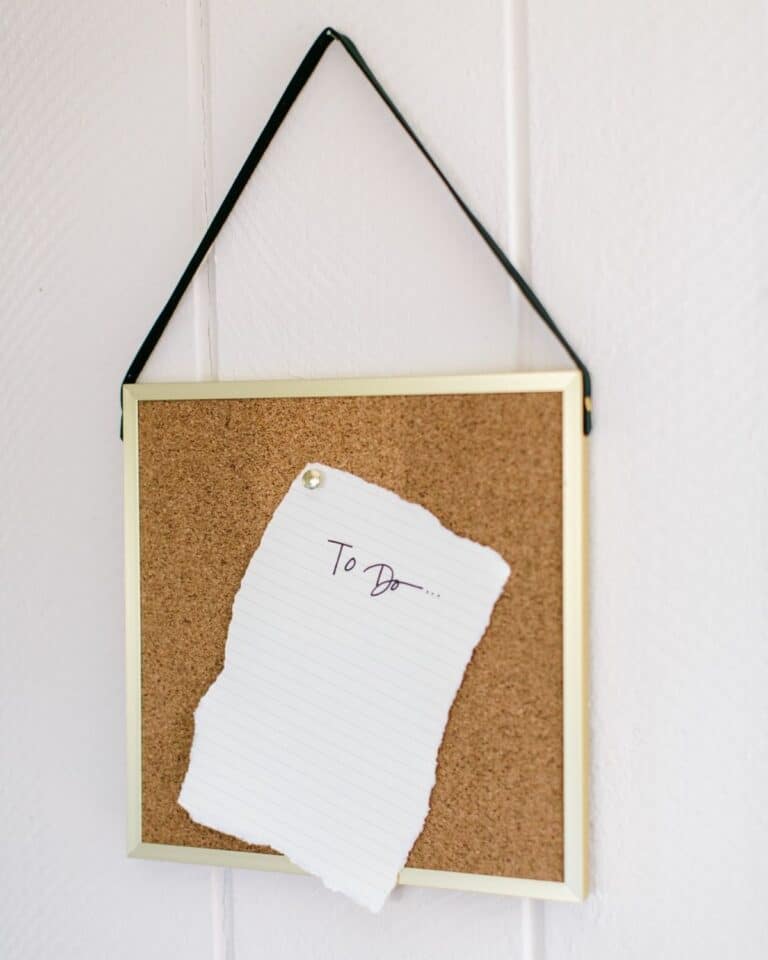7 Overlooked Productivity Hacks for Working From Home
Working for yourself from home is the best. Setting your own hours, focusing on your own projects, binging on Netflix and ice cream instead of getting anything done…wait, what?
Yeah, that has a tendency to sneak in there.
It’s no secret that working from home has its own challenges, and productivity is #1.
While there’s no water cooler gossip or chatty coworkers to steal your focus, sometimes that freedom pushes us to be our own chatty worker, using Facebook as a water cooler.
7 Overlooked Productivity Hacks for Working From Home
These are what I find to be the most overlooked productivity hacks, some because, although they’ve been said over and over again and touted by gurus the world over, are still ignored because they require a little bit more than the average person is willing to give, and some because I haven’t seen them talked about much but I find them to be, for me, the most effective tools I have to get big stuff done.
[cboxarea id=”cbox-vmcPlCRRrzPdHuRr”]
1. Get in the Habit of Waking Up Early
This one tops almost every list for increased productivity for a very good reason, it’s the most important, the most effective, and the most ignored tool we have at our disposal.
Regardless of whether you bound out of bed each day bright eyed and bushy tailed or can’t comprehend your mother tongue before you’ve had your first cup of coffee – mornings are the closest thing we get to a fresh start, where you’ve cleared away all of the mental static and debris that litters your head throughout the day and, free from all of that junk, you can zoom your focus in to a key problem and see it clearly.
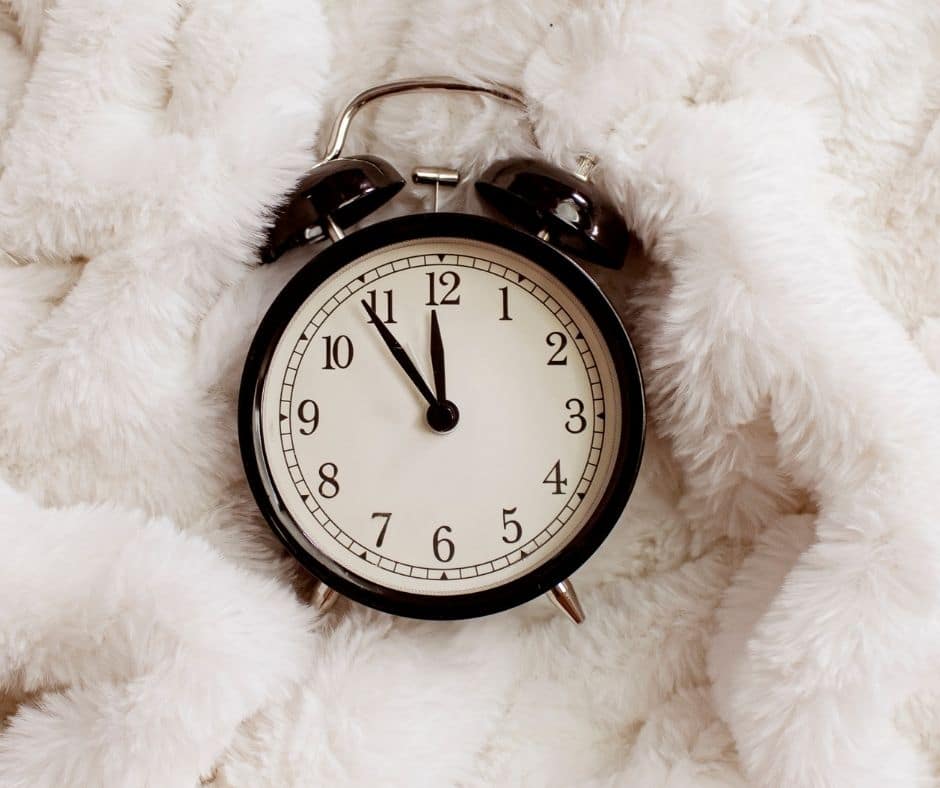
Are your mornings a time of chaos, getting every member of the house awake, up, dressed, fed, cleaned, and out the door as fast as possible every single day?
Imagine having an extra hour in between waking up and rushing off, not one you share with everyone else, but one hour, first thing in the day, that is just for you.
Even if you don’t use that hour to work in, having one hour to regroup your mental focus and go over your tasks and goals for the day can prove invaluable for staying on topic throughout the rest of your day.
Related: How to Wake Up Early – and maybe even enjoy it
2. Plan Your Day Out the Night Before
Indecision is the #1 productivity killer.
How are you getting stuff done if you don’t even know what stuff you’re getting done?

The precious moments you waste deciding what task to take on first, and then second, and third, are cutting into your best working time and using up valuable cognitive energy.
Setting a plan in motion the night before streamlines your working day, so when the time comes, you don’t have to think about what to do, you just do it.
I’m a huge fan of pretty planners, but your plan doesn’t have to be fancy.
A series of to do lists can work just fine.
The important thing is to separate your decision making from your action taking so you can focus your time more effectively and resist the urge to procrastinate.
3. Set Monthly, Weekly, and Daily Goals
The ultimate key to productivity is staying focused on the task at hand. But in order to do that, you need to know exactly what the task at hand is. (Remember indecision, from point #2?)
Even if you’re planning out your to-do list the night before, it is more than possible to work, work, work, and never get anything done.
You can have a big-picture goal, and busy busy days, and somehow not get any closer.
How do you avoid spinning your wheels and wasting your own time?
Start with a monthly goal! What is the one (or two) thing (s) you absolutely must get done this month? (Like any SMART goal, make sure this is something that is obtainable in that time frame).
Write this down – this is your monthly goal.
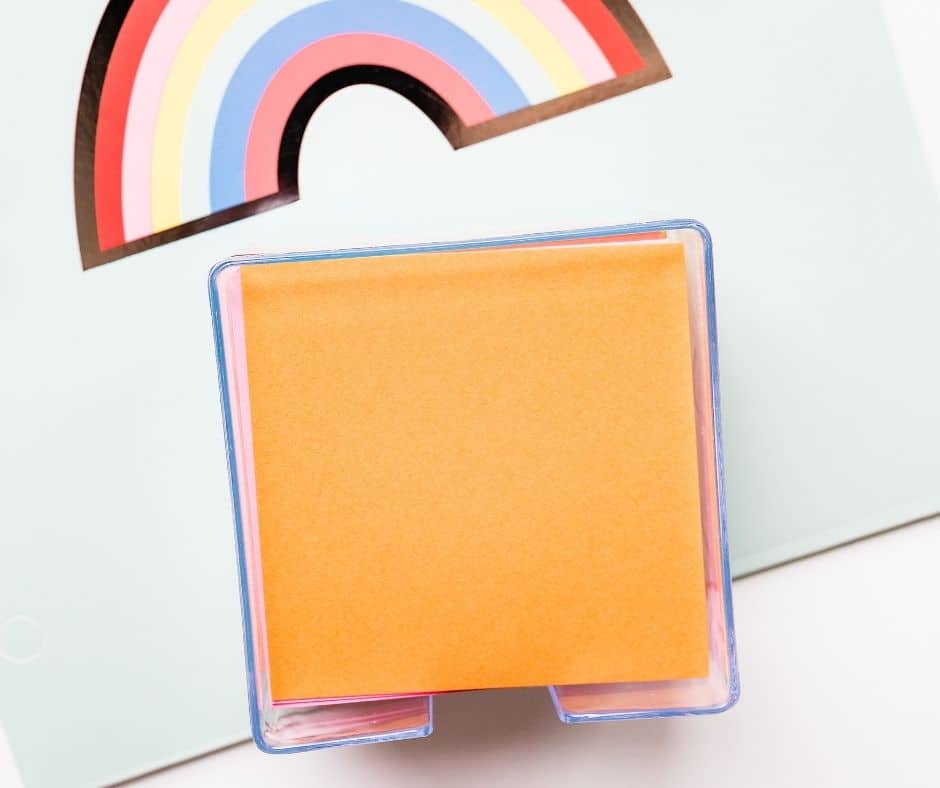
Next, you’ll need to list of all the steps you need to take in order to reach that goal in one month.
These become your weekly goals.
Now get into the real nitty-gritty, what are the things that need to get done in order to take those steps?
You guessed it, those are your daily goals.
So for example, let’s say my big goal this month is to write 10 blog posts for the next month.
I could split this up a couple of different ways – for example, I could write 2.5 blog posts per week. But to maximize productivity, let’s say I’ll get all the writing done upfront to clear up time to do the other administrative things that go along with writing blog posts.
My weekly goals could look something like this:
Week 1: Write 10 blog post rough drafts
Week 2: Proofreading and editing (add in links, etc)
Week 3: Create graphics, and find stock photos to add images to posts
Week 4: Schedule post uploads, Pinterest links, get everything ready for when they go live.
Of course, each of these weekly goals is broken down into daily tasks, for Week 1, my first day tasks could include brainstorming ideas for 10 posts, writing outlines for 5 of them, and finishing one complete rough draft.
4. Make Your Health a Priority
Have you ever tried to work when you’re really sick?
You know it’s mostly a lost cause.

Fever, headache, flu chills, even a persistent interrupting cough, they all do a number on your productivity and flush your motivation down the toilet (along with all those tissues).
But even if you’re not sick, you might not be working to the best of your physical and mental capacity if your health isn’t in line.
The media likes to tell us that drinking lots of water, eating enough fruits and vegetables, and getting regular exercise all give us a huge boost in mental focus and clarity, and worded that way makes it really easy for us to read and go, “Yeah, I know, I’ll get around to it.”
How about this: Your unhealthy habits are directly affecting your energy and your brain, and are holding you back.
I’m not going to lecture you, you know that you should be hydrating, eating well, and exercising regularly. But most of us don’t think, when we make the snap decision to order pizza or get fast food or grab a soda instead of water, that we’re robbing our future selves of our best focus.
You’ve probably had a hangover before, or are familiar with the concept.
We instinctively know that what we put in our bodies is going to come back to us, in good ways or bad. Just because you don’t notice the effects of crap food and high-sugar drinks right away, like a hangover, doesn’t mean they’re affecting us any less.
The best foundation for your productivity is your health. (Go eat an apple!)
5. You Might Need a Change
Look, I know the conventional productivity advice is to pick a working space, preferably an office-like environment, tailor it to your needs, and then do all your work there.
For the most part, that is good advice, you need at least a “home base” to signal to your brain that it’s working time, and you should never bring your laptop into bed with you (unless you don’t mind falling asleep while you’re working, or having your brain keep you up all night with work-related thoughts?
Seriously, keep your bed reserved for sleep.
You’ll be happier and healthier). But you know, as well as I do, that staring at the same four walls all day everyday is a recipe for boredom of the most insistent kind. Try switching it up.
Having a day where you have a lot to get done, but the distractions are too great and the focus just isn’t there?
Try packing it all up and taking it to a coffee shop.

Research shows that changing your immediate environment can help spark creativity, and the hustle and bustle of a coffee shop, as well as the background noise, can actually help you minimize distractions.
Your brain automatically tunes it out, leaving you with no real choice but to focus on the task at hand.
Can’t get to a coffee shop?
Try blocking different areas of your house for different tasks.
I’ve noticed that when I need the most to unplug and just write, the living room couch is my best spot to do that (maybe it’s because I can stretch my legs out and give my poor back a break from hunching over a desk).
When I need to hammer out a lot of research or complete a large number of small tasks, the dining room table seems to foster that sort of energy in me best. And I wouldn’t dream of going anywhere but my desk for planning, plotting, and goal setting and analysis.
Sometimes I hit all three spots in the same day- sometimes I stay in one spot for a week. And sometimes I need to break a funk, so I pack up my laptop and head out to a coffee shop.
6. Set Working Hours, and Treat Them as Real Working Hours
Imagine for a minute that you work at a physical-location job, with a boss and coworkers in a building where your work takes place.
Then imagine, if you will, that you go to find your boss, and the following conversation takes place:
“Hey, uh, I’m going to head out for a bit. I’ll be back.”
“What? Where are you going?”
“I’m just going to go home and wash my dishes. The breakfast bowls in the sink are bugging me. But I’ll come back when I’m done.”
“Wait, what? You’re going to go home and wash your dishes?“
“Well, yeah. But I’ll be right back.”
You expect me to believe that?!
Ridiculous, right?

I can think back to all of the managers I’ve had, and not one of them would have been okay with this.
The most laid-back, carefree manager in the world would likely not be okay with this (if you find one this chill, email me. I’ve got some friends with great resumes).
So why do you think it’s okay to do if you work from home?
Look, I get it. Breakfast dishes in the sink bug me too. But if you’re working, you’re not spending a lot of time looking at your sink.
And I know the siren song of that other task you need to get done is strong- really strong. But you have a job to do, and switching out to go do something else “really quick” and then “get right back to it” is signaling to your brain that this isn’t a real job, you’re not really at work, and maybe you don’t have to take it so seriously- so what’s the harm in slacking off?
You need to take your work seriously, take your job seriously, and take yourself seriously.
If the housework didn’t get done before work hours, it can get done after work hours. But during working times, work.
7. Use a Physical Symbol Of Work to Create a Space Where People Will Not Bother You
Working from home doesn’t mean you’ll be alone 100% of the time.
WAHMs, for example, have to juggle work with raising children, often at the exact same time.
For me, my best working time is the long stretch of almost six hours I get alone after dropping my kids off at school (it’s blissful).
Once I pick them up, however, very little is getting done – most days, nothing at all gets done, unless you count laundry, homework, cooking and playing LEGOs.
But when my husband gets home from work, I can usually grab a couple more hours when I need to.
These hours aren’t as peaceful.
Having my family in the house acts as a natural distraction for me, and I’ve noticed that if I retreat into the home office (my bedroom), I am 100% more likely to be interrupted by a knock on the door. Enter The Headphones – these ones exactly.
This is a trick I starting doing when I went back to college as a mother of two, and it’s invaluable.
The Headphones (capitalized because they are that important) act as both a physical barrier to sound, and a way of signaling my family that Mom Is Working.
They’re large and bulky and white, so they are immediately noticeable. Unlike a closed bedroom door (which provides a source of endless wonder for my kids – what’s going on in there?
Is she having a party?
Is now the perfect time to tell a funny story about something that happened at school?
Better knock and find out!
The Headphones act as a Do Not Disturb sign hung on my actual head.
When I’m doing light research, The Headphones are off. If I remember something I need to tell my partner I take them off.
As long as they’re off I’m available for conversation.
If I’m writing, or deep into a project, or I’ve found a great groove and need to sink into it, The Headphones go on, and the whole family understands that whatever it is, it should maybe wait until I’ve taken them off.
Half the time, The Headphones aren’t playing music, or even plugged in to something, and while that might seem counterintuitive, it works perfectly.
If I need to dash to the washroom or reheat my coffee but reeeaaallly don’t want to lose my train of thought, the headphones stay on while I do that.
If I’m taking a five-minute mental break, then they stay at the desk, and yes darling, now IS the perfect time to tell me that your classmate spilled glue and got his hand stuck to the desk in art class.
It’s a perfect system for my family.
Maybe for you, The Headphones can take the shape of a physical Do Not Disturb sign, or some other object. (Maybe your kids are better at coping with closed doors than mine are!)
Whatever your version of The Headphones is, it can help a lot to find balance in your work-home life when you work in your home.
Overlooked Productivity Hacks for Working From Home
I hope these 7 productivity hacks will help you accomplish more while you are working from home. Here they are again:
1. Get in the Habit of Waking Up Early
2. Plan Your Day Out the Night Before
3. Set Monthly, Weekly, and Daily Goals
4. Make Your Health a Priority
5. You Might Need a Change
6. Set Working Hours, and Treat Them as Real Working Hours
7. Use a Physical Symbol Of Work to Create a Space Where People Will Not Bother You
Looking for some more productivity tips?
Check out our best posts:
- The Productivity Tools I Use Daily
- What the Pomodoro Technique Can Do For Creative Professionals
- 7 Overlooked Productivity Hacks for Working From Home
- Journal Prompts to Find Your Purpose
our quick course on time management!
Pin it on Pinterest:
